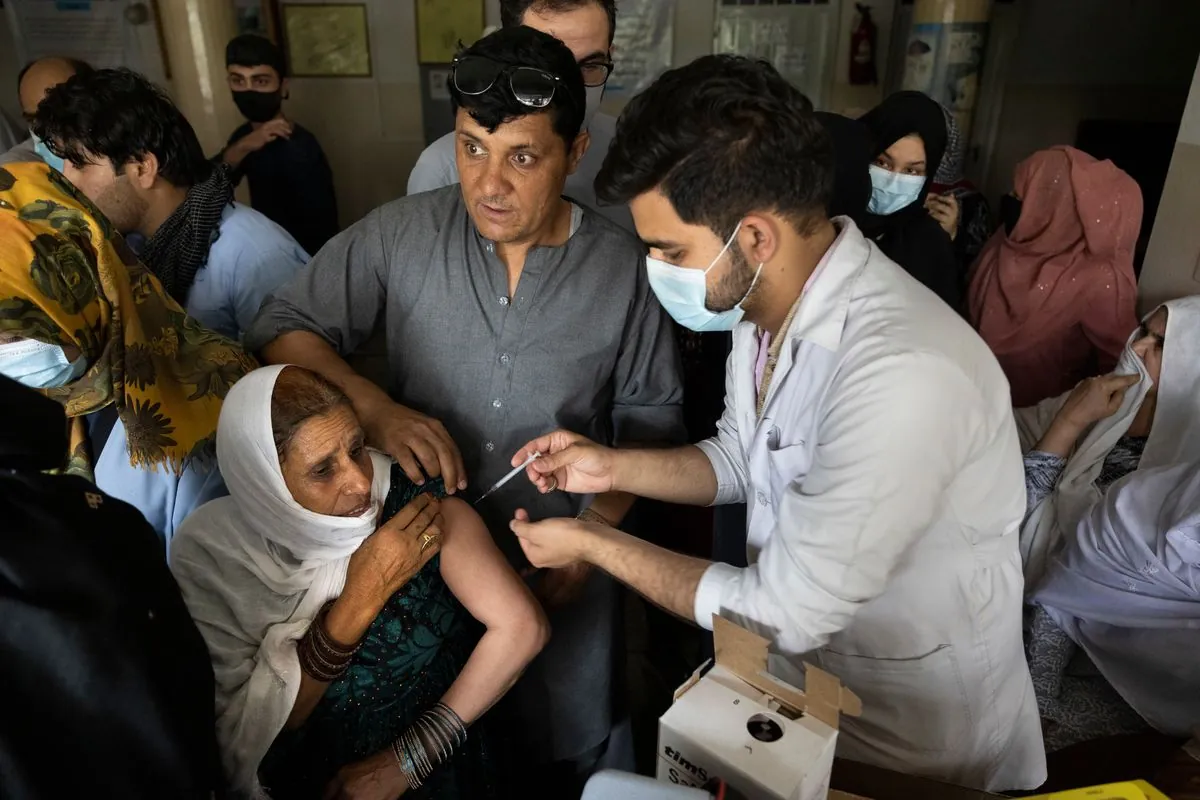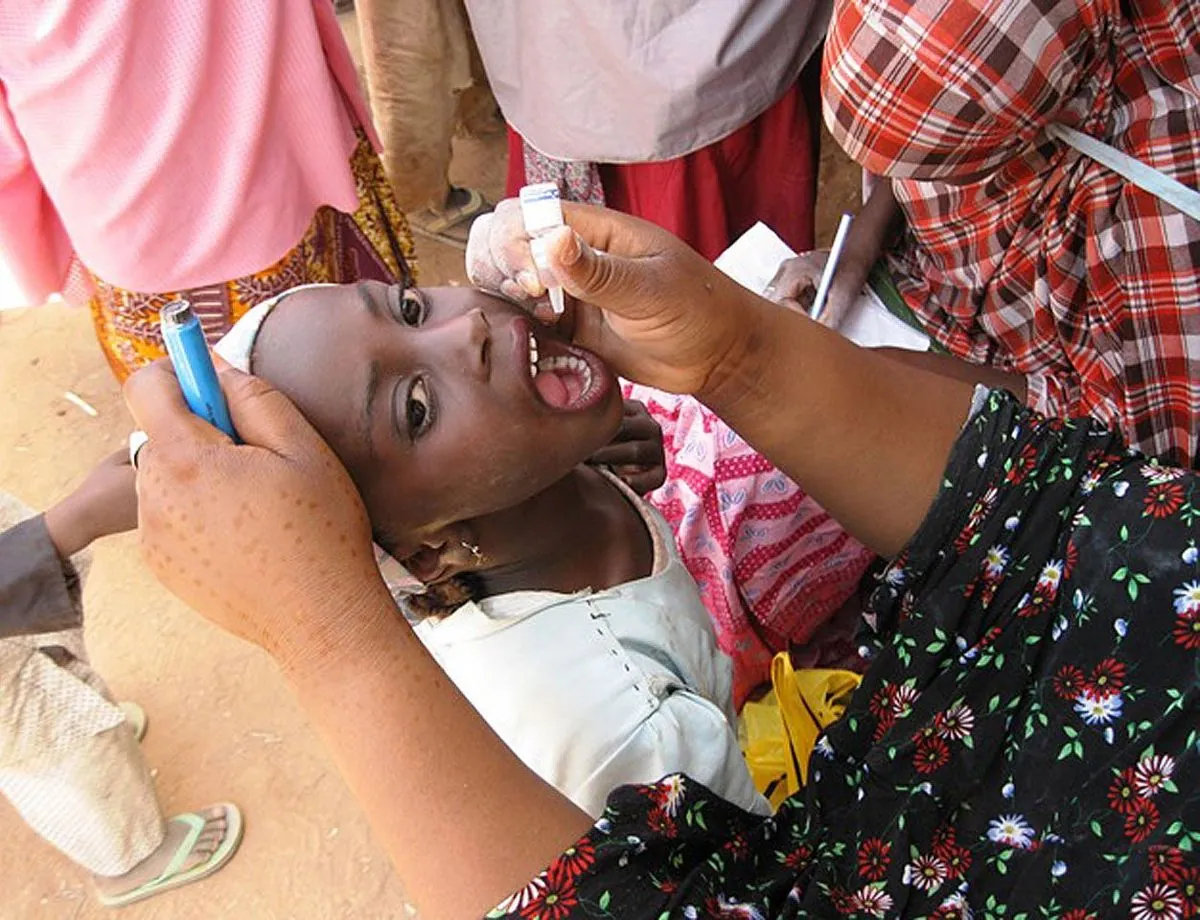WHO Secures Pauses in Gaza Conflict for Crucial Polio Vaccinations
Israel agrees to temporary halts in military operations to allow polio vaccinations for over 640,000 children in Gaza. The WHO-led campaign faces challenges amid ongoing conflict and recent UN vehicle attacks.

The World Health Organization (WHO) has announced a significant development in the ongoing Gaza conflict. Israel has agreed to implement "humanitarian pauses" in its military operations to facilitate a critical polio vaccination campaign for more than 640,000 children in the region.
Rik Peeperkorn, head of WHO operations in Gaza and the West Bank, outlined the vaccination plan during a virtual briefing at the United Nations in New York. The campaign is set to commence on Sunday, September 1, 2024, with pauses scheduled from 6 a.m. to 3 p.m. for at least three days in three separate zones, starting in central Gaza before moving to the south and north.

The urgency of this campaign is underscored by the recent confirmation of a polio case in a 10-month-old child in Gaza, marking the first reported case in the region in 25 years. This outbreak highlights the devastating impact of the conflict on healthcare infrastructure and vaccination programs.
"The infant was born during wartime and never vaccinated."
The vaccination effort faces significant challenges due to the ongoing conflict, which has resulted in widespread displacement and destruction of infrastructure. Peeperkorn acknowledged that the planned three days might not be sufficient to reach the target 90% coverage rate, crucial for establishing herd immunity against polio.
The campaign's implementation comes amid heightened tensions and security concerns. Recent incidents involving UN humanitarian workers have raised alarm. On August 27, 2024, a World Food Program vehicle was fired upon near an Israeli Defense Forces checkpoint, leading to a temporary suspension of WFP movements in Gaza. The United States has expressed deep concern over this incident, urging Israel to take concrete actions to prevent such occurrences in the future.
Despite initial denials, Israel's Foreign Ministry later confirmed coordination with WHO and UNICEF for the vaccination campaign. This development follows diplomatic efforts by U.S. Secretary of State Antony Blinken, who emphasized the potential regional health risks of a polio outbreak during his recent visit to Israel.
The vaccination campaign will utilize 392 fixed sites and 295 mobile teams throughout Gaza. However, the success of this initiative remains uncertain given the complex and volatile situation on the ground. The conflict, which began in October 2023, has resulted in significant casualties and displacement, severely impacting healthcare access for Gaza's 2.2 million residents.
As the world watches this humanitarian effort unfold, the importance of vaccination in conflict zones cannot be overstated. The global fight against polio, which has reduced cases by 99% since 1988, faces a critical test in Gaza. The success of this campaign could have far-reaching implications for public health in the region and beyond.


































